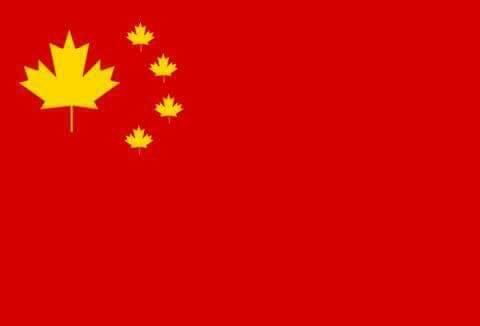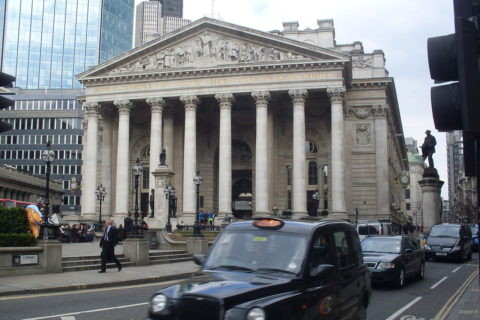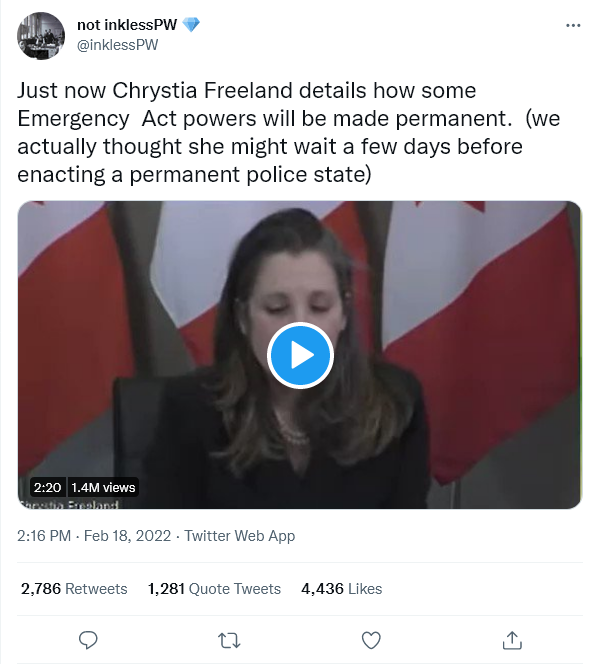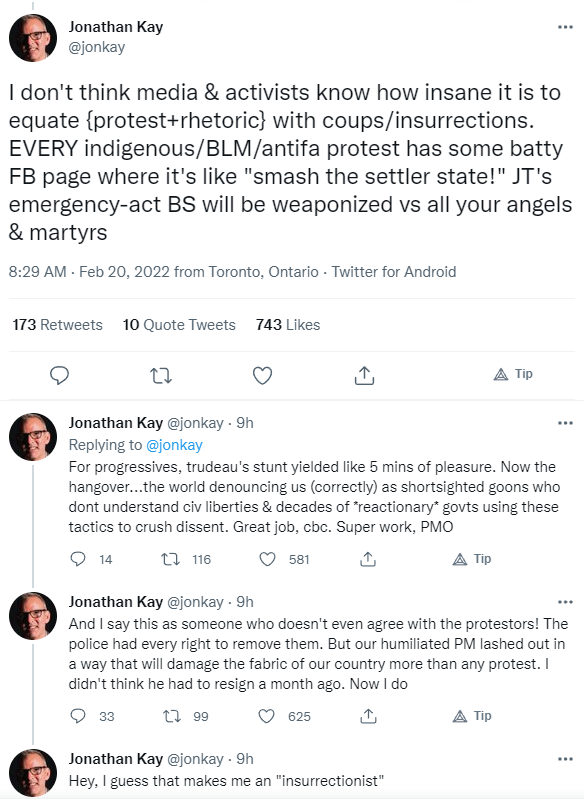N.S. Lyons discusses the unhappy convergence of Communist China with the post-democratic western world, led by the United States:
Differences and tensions between the United States and China have never been greater. The whole world is dividing itself between the blocs of these two opposing superpowers. A new Cold War is dawning, complete with a global ideological “battle between democracy and autocracy“. Freedom is on the line. The future of global governance will be determined by the winner of this extended competition between two fundamentally opposed political and economic systems – unless a hot war settles the question early with a cataclysmic fight to the death, much as liberal democracy once fought off fascism.
This is the simple and easy narrative of our present moment. In some ways it is accurate: a geopolitical competition really is in the process of boiling over into open confrontation. But it’s also fundamentally shallow and misleading: when it comes to the most fundamental political questions, China and the United States are not diverging but converging to become more alike.
In fact, I can already predict and describe the winner set to prevail in this epochal competition between these two fiercely opposed national systems. In this soon-to-be triumphant system …
Despite a rhetorical commitment to egalitarianism and “democracy”, the elite class deeply distrusts and fears the people over whom it rules. These elites have concentrated themselves into a separate oligarchic political body focused on prioritizing and preserving their rule and their own overlapping set of shared interests. Wracked by anxiety, they strive constantly to maximize their control over the masses, rationalizing a need to forcefully maintain stability in the face of dangerous threats, foreign and domestic. Everything is treated as an emergency. “Safety” and “security” have become be the watchwords of the state, and of society generally.
This elite obsession with control is accelerated by a belief in “scientific management”, or the ability to understand, organize, and run all the complex systems of society like a machine, through scientific principles and technologies. The expert knowledge of how to do so is considered the unique and proprietary possession of the elite vanguard. Ideologically, this elite is deeply materialist, and openly hostile to organized religion, which inhibits and resists state control. They view human beings themselves as machines to be programmed, and, believing the common man to be an unpredictable creature too stupid, irrational, and violent to rule himself, they endeavor to steadily condition and replace him with a better model through engineering, whether social or biological. Complex systems of surveillance, propaganda, and coercion are implemented to help firmly nudge (or shove) the common man into line. Communities and cultural traditions that resist this project are dismantled. Harmfully contrary ideas are systematically censored, lest they lead to dangerous exposure. Governing power has been steadily elevated, centralized, and distributed to a technocratic bureaucracy unconstrained by any accountability to the public.
All of this is justified by a utopian ideological dialectic of historical progress and inevitability. Those more in tune with the tide of history (i.e. elite interests) are held to be morally and intellectually superior, as a class, to backwards reactionary elements. Only certain views are stamped “scientific” and “correct,” although these may change on a political whim. An economism that values only the easily quantifiable reigns as the only moral lodestar, and frictionless efficiency is held up as highest common good; the individual is encouraged to fulfill his assigned role as a docile consumer and cog in the regime’s machine, not that of a self-governing citizen. The state regularly acts to stimulate and manage consumer demand, and to strategically regulate and guide industrial production, and the corporate sector has largely fused itself with the state. Cronyism is rampant.
The relentless political messaging and ideological narrative has come to suffuse every sphere of life, and dissent is policed. Culture is largely stagnant. Uprooted, corralled, and hounded, the people are atomized, and social trust is very low. Reality itself often feels obscured and uncertain. Demoralized, some gratefully accept any security offered by the state as a blessing. At the same time, many citizens automatically assume everything the regime says is a lie. Officialdom in general is a Kafkaesque tragi-comedy of the absurd, something only to be stoically endured by normal people. Yet year by year the pressure to conform only continues to be ratcheted higher…
Which country does this describe? If you can’t quite tell, well, that’s the point. For many citizens of the West, the systems of governance under which we live increasingly feel uncomfortably similar to what appears offer in the People’s Republic of China.








